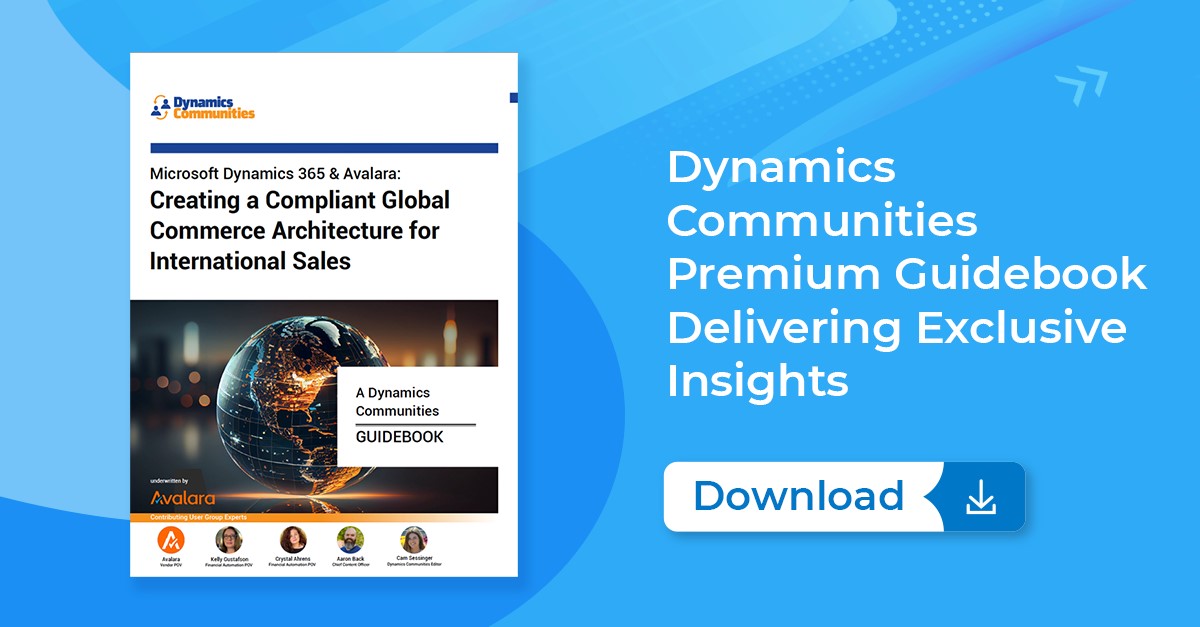In today’s increasingly interconnected world, the opportunities for global commerce have never been more promising. Businesses can now tap into diverse markets, access new consumer bases, and experience unprecedented growth. Yet, this landscape also harbors unique challenges and risks.
From navigating complex and ever-changing regulations across different countries to understanding intricate pricing dynamics in various industries and managing compliance effectively, businesses need to navigate these complexities to thrive in the global marketplace.
The potential for selling products and services internationally is immense, providing a path to expand and grow. However, regulations vary significantly from one country to another and are in a constant state of flux. The intricacies of tax classifications and the management of invoicing can be overwhelming, particularly for businesses operating across multiple international markets. In her analysis, UG Expert Kelly Gustafson offers a detailed overview of understanding the shifting sands of trade agreements and outlines exactly how they can be navigated.
Additionally, UG Expert Crystal Ahrens explores the transformative role that artificial intelligence (AI) and automation play in global commerce. These technologies enhance efficiency, accuracy in data management, insights, and compliance management. “In regulatory compliance, AI and automation play a crucial role in maintaining manufacturing standards and preventing potential breaches. Furthermore, AI and automation provide real-time tracking and traceability of materials,” she writes. Both are indispensable tools for addressing the intricate challenges of global commerce.
Chief Content Officer Aaron Back explores ways to manage risks in global commerce, as international businesses face the challenge of navigating political instability in an increasingly fragmented global economy. Similarly, currency fluctuations add an element of unpredictability to global commerce as well as security threats, a pervasive concern in the modern business landscape. He poses a series of questions to consider, as companies look to adopt a security mindset and foster ongoing collaboration between CISOs, IT leaders, and other business leaders to identify, isolate, and resolve security threats.
Global commerce offers immense opportunities, but it also presents unique challenges. By harnessing technology, understanding pricing dynamics, and leveraging AI and automation, businesses can navigate the complexities of global commerce and regulatory compliance more effectively. Additionally, businesses should be vigilant in managing political instability, currency fluctuations, and security threats to ensure their long-term success in the global marketplace.
Download this guidebook today to learn:
- How technology can be leveraged to overcome challenges related to global commerce and create opportunities
- How to navigate trade agreements and ensure compliance within a global marketplace
- The transformative impact of AI and automation in global commerce and how they support compliance efforts
- How to balance growth expansion with political, security, and currency factors


